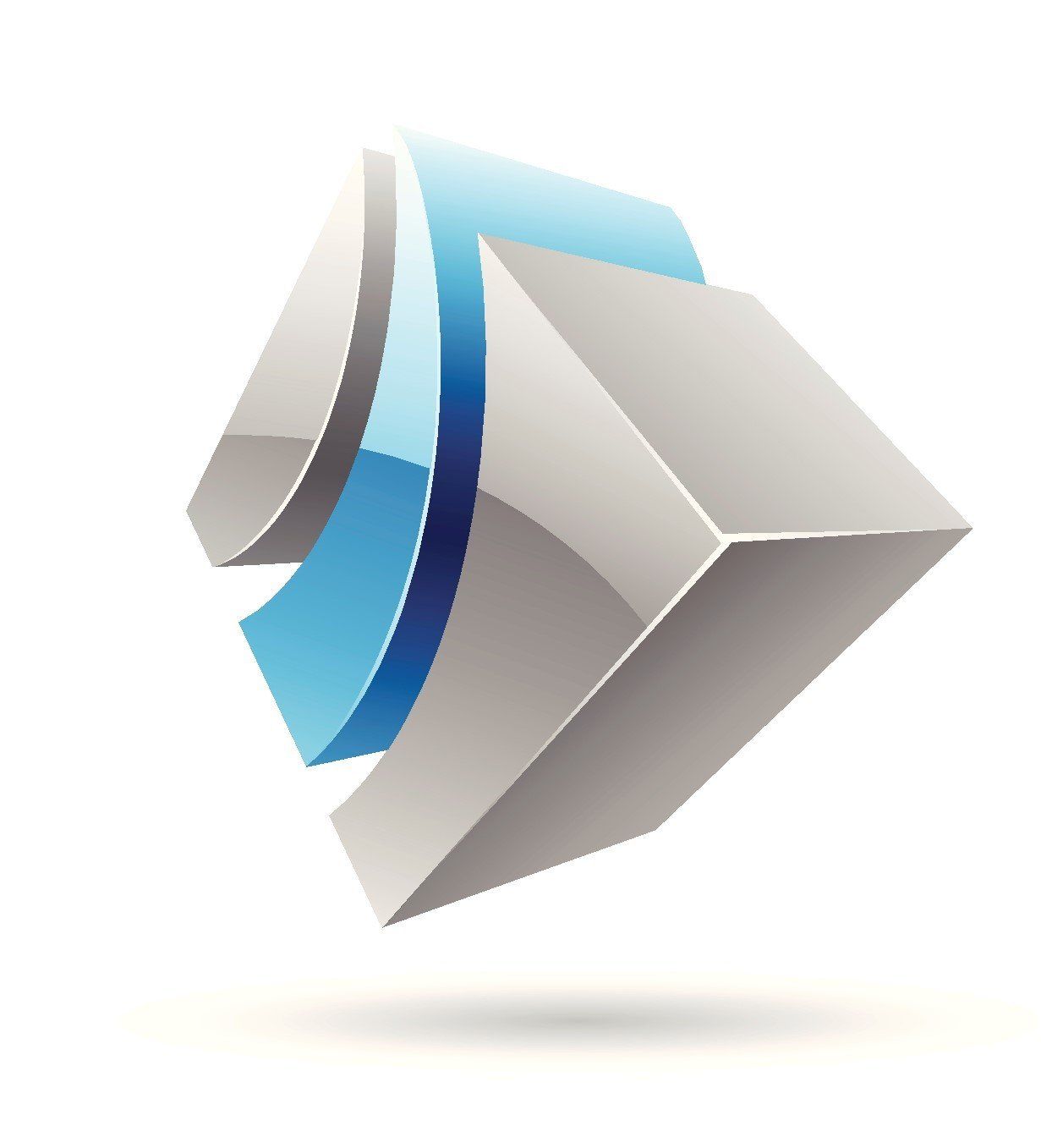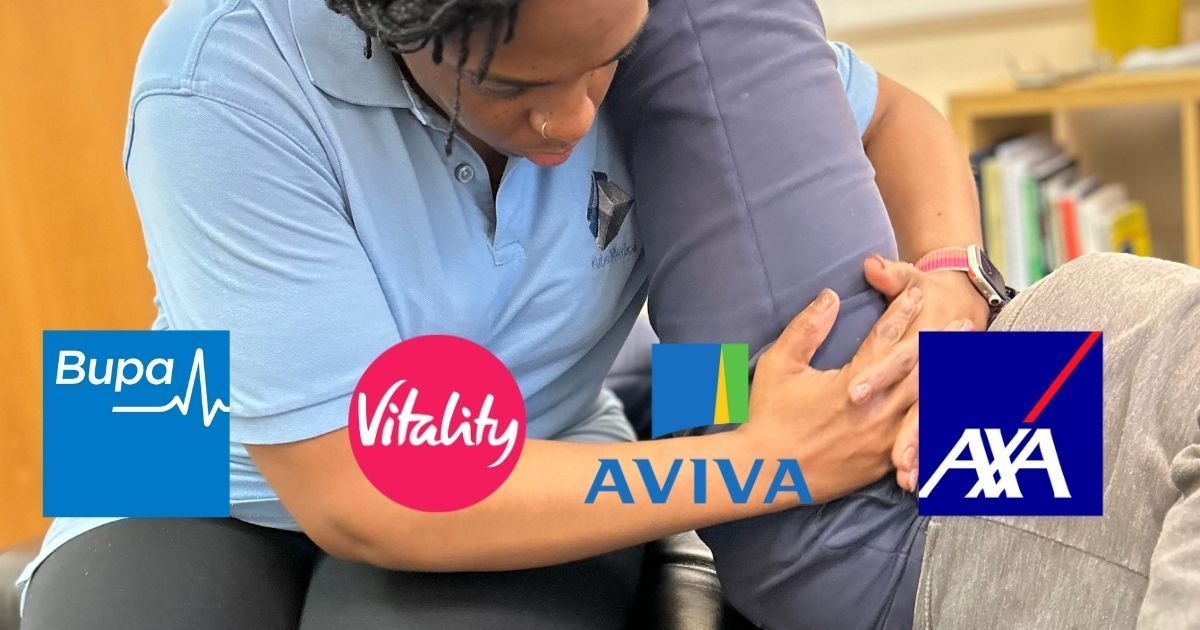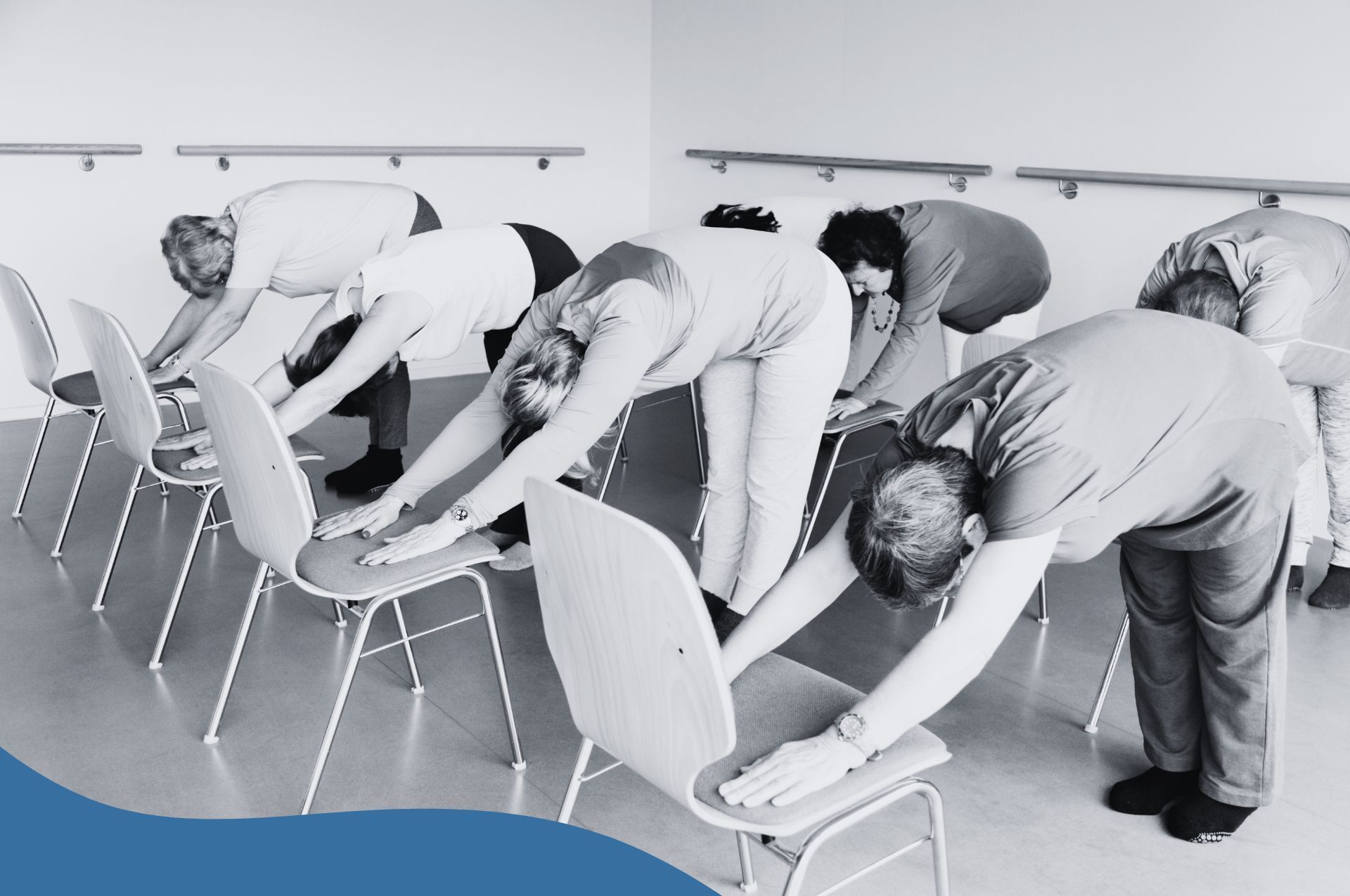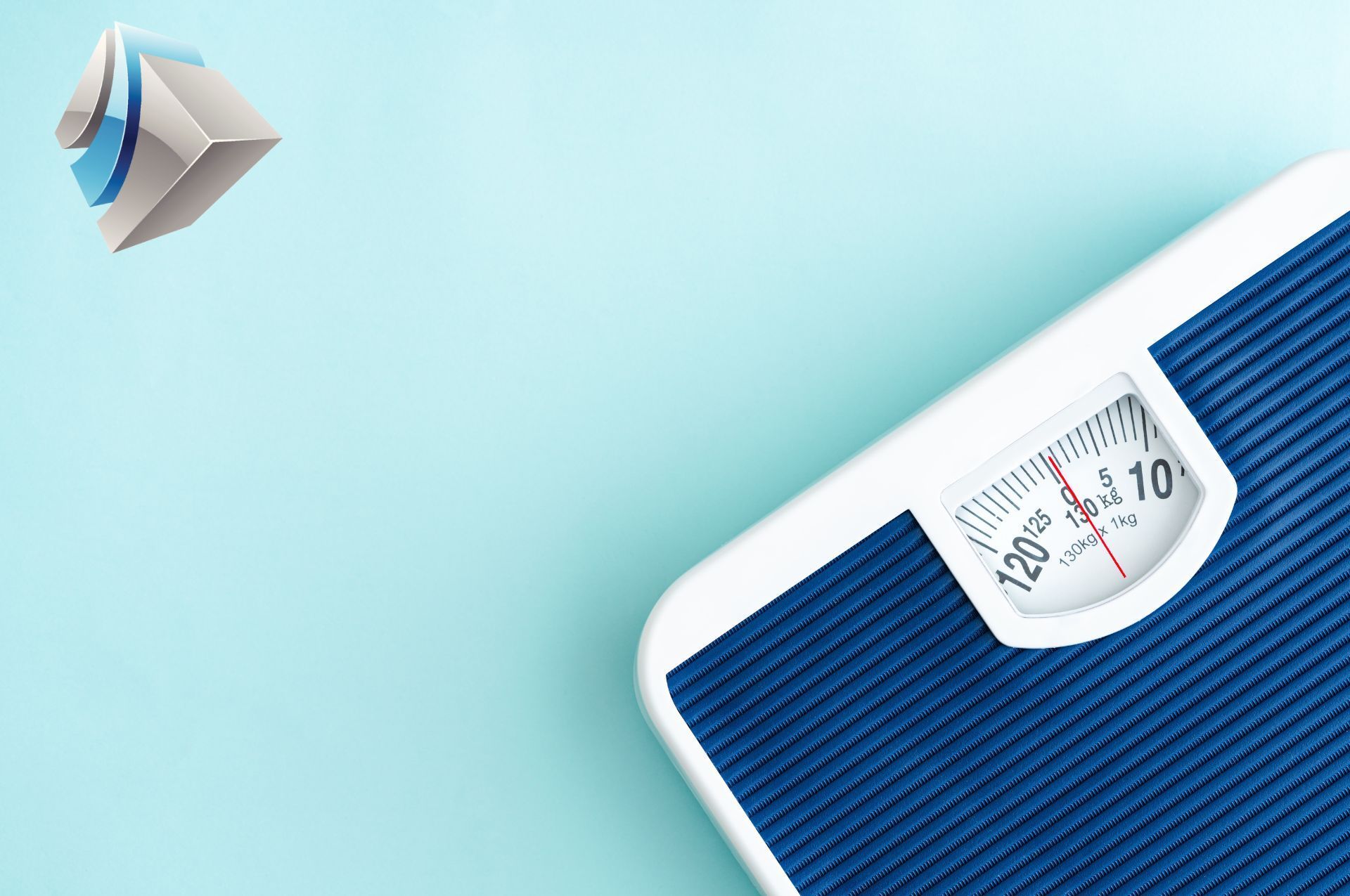How Do You Heal Sports Injuries Faster?
Patrick Campbell • 12 June 2021
Whether you are a professional athlete or someone that enjoys kicking around a football at the weekend, chances are you know what it means to suffer a sports injury. The more active you are, the more familiar you will be with the myriad of ways one can end up injured and in pain.
Sports medicine is a speciality that focuses on diagnosing such injuries and helping people get back to exercising even as they heal. Once injured, most people would want to get back to their normal routine quickly. While this is not always possible, adopting smart habits and applying certain knowledge can help ensure you enjoy an active lifestyle for longer.
Prevention
It is said to be better than cure. If you are looking to increase the intensity of your exercises, be sure to do so gradually. Putting your body through strain it is not prepared for increases the risk of injury. More so if transitioning from a sedentary lifestyle.
Do not overdo it. if you get too fatigued or dehydrated you are more likely to injure yourself. Also, ensure that you stretch and warm up properly before any exercise session. Use proper form and wear supportive footwear.
RICE
In some cases, you may not be sure if your situation calls for medical intervention. Or, it may occur at a time or location that makes it hard to get help immediately. RICE is an acronym for self-care you can use to handle the injury in the meantime and promote healing.
- Rest – this involves giving the body time to rest and avoid making use of the affected body part to avoid inducing pain and discomfort.
- Ice – Apply an icepack, bag of crushed ice, or some packed frozen food to the area. Be sure to wrap a towel around it to avoid frostbite. Icing down the area helps reduce inflammation and bring downs swelling. Apply the ice for about 15-20 minutes at a time, every two hours.
- Compress – This refers to applying pressure to an injury to reduce swelling. Immobilizing the area can also help in giving it rest and support. Do not wrap up the area too tight as it may interfere with blood flow.
- Elevate – Where possible, raise the injured body part above the level of your heart. This encourages draining that reduces swelling. Most injuries occur to the leg so this will typically require you to lie down and prop up your leg.
Seek Immediate Treatment
Certain injuries can be fairly minor and do not require medical intervention. Minor bruising, sprains or short-lived pain are common occurrences that you do not often need to worry about. You can often see a huge improvement with a little self-care or RICE.
However, if there are significant signs of injury like huge swellings and bruising, weakness, sharp and prolonged pain, then medical attention should be sought. And the sooner, the better.
Seeking out immediate treatment will increase the chances of correct diagnosis, treatment, and faster recovery. The more you delay, the more likely you are to add to the injury and prolong recovery.
Ensure when seeing the doctor be as detailed as possible about what happened and the symptoms you are feeling. Depending on the particular case, you may be requested to undergo further tests or scans to aid in diagnosis and determining treatment options.
Eat A Healthy Diet
A good diet helps minimize recovery as it can improve healing, boost energy, control inflammations, and much more. While some nutrients can easily be absorbed through the consumption of supplements, it is generally advised to avoid this. It is healthier to get the nutrients you need from the foods that you eat.
Proteins are important for helping to rebuild body tissue and support muscle growth when recovering. Vitamin C and Omega-3 fatty acids are very helpful in reducing inflammation. Calcium aids in healing broken bones and supports nervous system functions. Vitamin D helps to process calcium and also reduces inflammation. Zinc is also recommended to help speed up the healing of damaged tissues.
Try to maintain a balanced diet that includes food choices that can deliver these nutrients and help boost your recovery. Keep to healthy portion sizes to avoid any excessive weight gain that can slow recovery and delay your return to fighting form. Fibre-rich foods can help reduce the problem of overindulgence as they make people feel fuller, faster.
On the other end of the spectrum, do not starve yourself. Your body needs nourishment to recover. Also, avoid unhealthy food choices like those that are high in sugar and salt. These can heighten inflammation, making recovery more difficult.
Get Back to Being Active
Your doctor will advise you on how long you may need to take a rest from sporting activity. They will need to ensure you no longer suffer significant pain, have regained mobility and normal strength before you are cleared.
If your recovery period is long, you may be prescribed physical therapy. Under the guidance of a physiotherapist, you can undertake mobility and strengthening exercises that can reduce your reliance on pain medications and help you restore normal function. Other therapies, like massage and hydrotherapy, can also be prescribed to support these measures.
Do not be in too much of a hurry to get back to your normal training. Depending on the severity of your injury, you may need to follow a slow gradual rehabilitation plan. Overstraining your injury could easily result in a setback and longer recovery. Follow the advice of your medical team and update them whenever you sense an unexpected change.
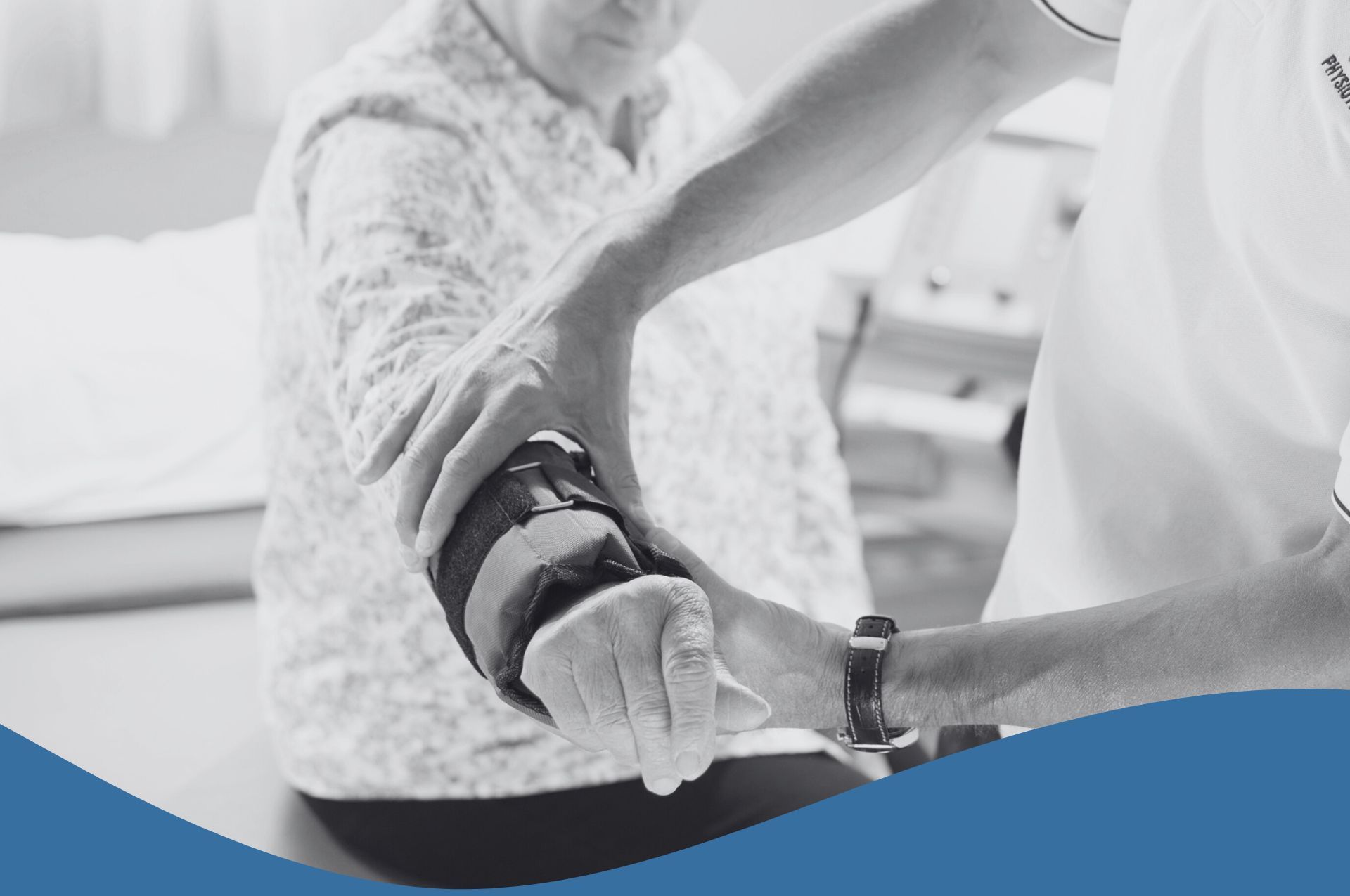
At Kube medical, we believe high-quality physiotherapy should be accessible, comfortable, and convenient. That’s why we provide professional home-visit physiotherapy services, helping you recover in the comfort of your own home and at a time that fits your lifestyle. Whether you're recovering after surgery or trying to fit treatment around a busy schedule, our personalised approach ensures you feel supported, motivated and confident every step of the way.
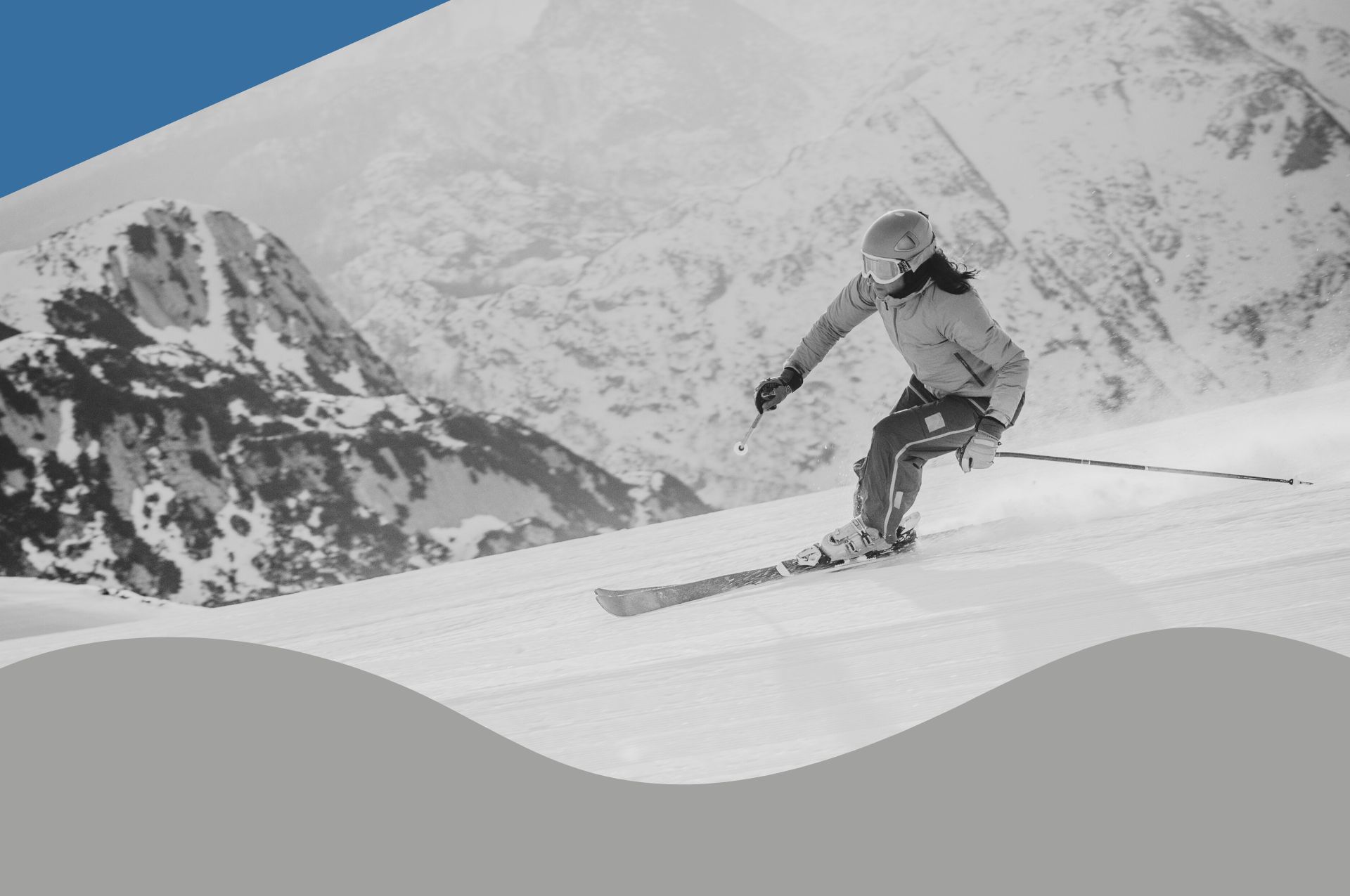
As the days get shorter and the air turns crisp, many of us start dreaming about fresh powder, mountain air, and that first exhilarating run of the ski season. But before you dust off your boots, it’s worth thinking about one crucial thing: your body’s readiness. Whether you’re a seasoned skier eager to hit the slopes from day one, or an occasional skier looking to make the most of a long-awaited trip, a little “pre-hab” — preparing your body in advance — can make all the difference between an enjoyable week on the mountain and one cut short by fatigue or injury.
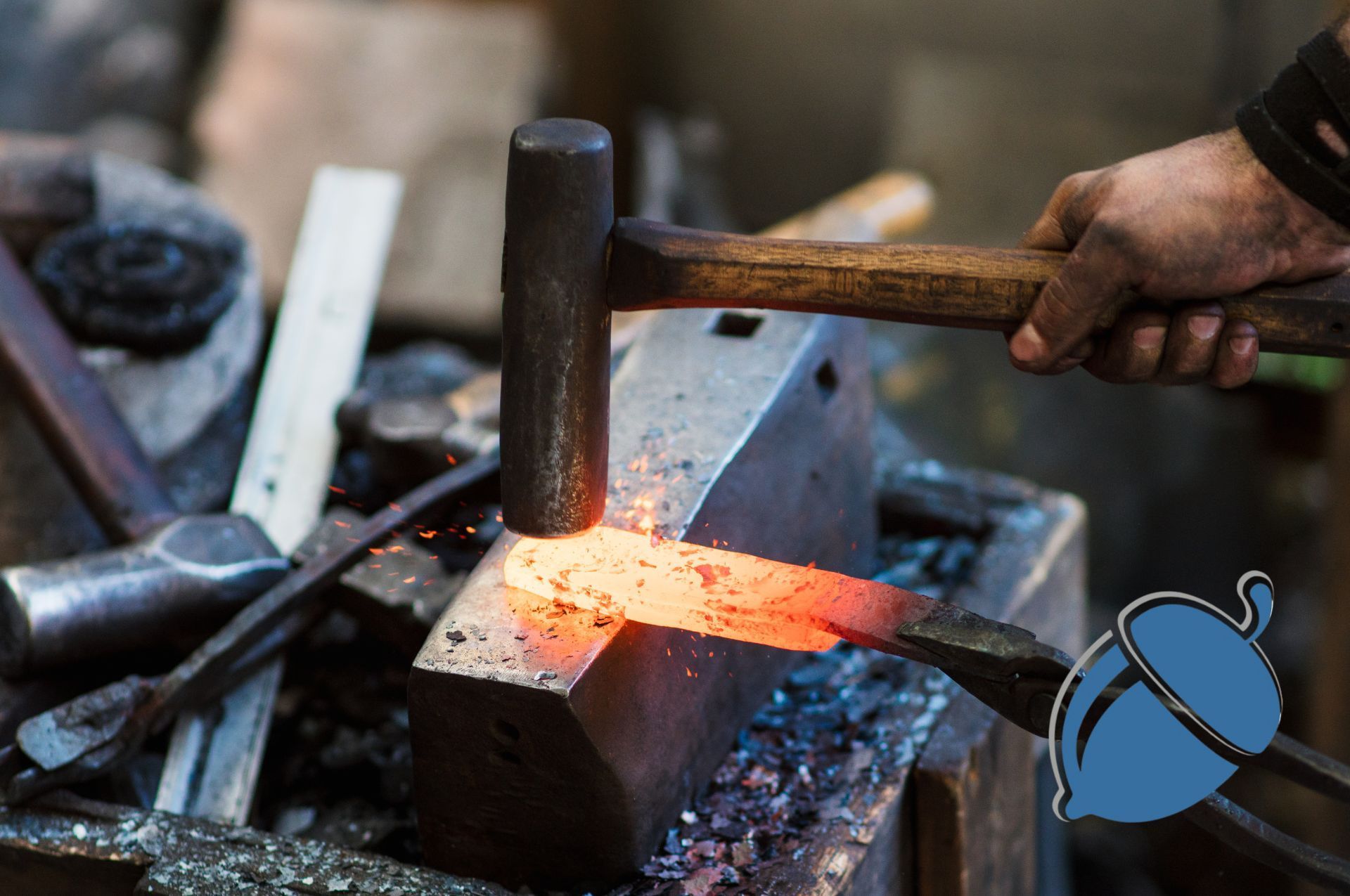
There’s no easy way to put it — the sudden closure of Private Midwives has left a real void, both professionally and personally, for many highly experienced tongue tie practitioners. It’s disrupted livelihoods, interrupted the continuity of care for families, and forced many to face a wave of uncertainty.
